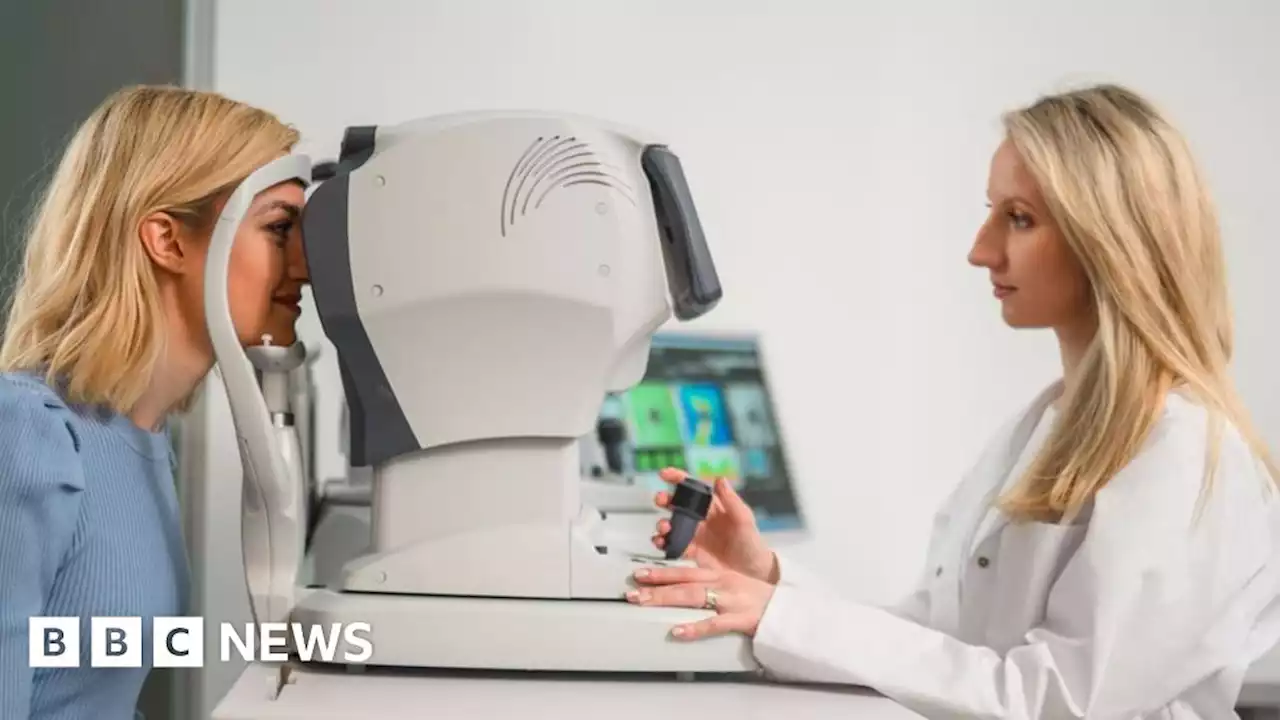Social distancing and wearing face masks 'unequivocally' reduced the spread of infections.
In care homes, measures such as cohorting and visitor restrictions were associated with reduced transmission and reduced outbreaks.
The evidence further indicates higher-quality respirator masks were more effective than surgical-type masks. ‘The next thing is Disease X as WHO has called it,’ said Professor Chris Dye, professor of epidemiology at the University of Oxford, said.‘So we need a system which is generic enough in character to handle anything of that kind, and for me, the number one priority is to have a global system of surveillance response.’
Australia Latest News, Australia Headlines
Similar News:You can also read news stories similar to this one that we have collected from other news sources.
 Scientists map how worm brain encodes behaviorTo understand the full relationship between brain activity and behavior, scientists have needed a way to map this relationship for all of the neurons across a whole brain-;a so far insurmountable challenge.
Scientists map how worm brain encodes behaviorTo understand the full relationship between brain activity and behavior, scientists have needed a way to map this relationship for all of the neurons across a whole brain-;a so far insurmountable challenge.
Read more »
 Citizen Scientists: 'We're doing it for our children'A growing number of citizen scientists are helping to monitor the rivers and streams for pollution.
Citizen Scientists: 'We're doing it for our children'A growing number of citizen scientists are helping to monitor the rivers and streams for pollution.
Read more »
 Parkinson's disease could be detected early with AI scans, scientists sayThe study detected physical differences in the eyes of people with Parkinson's and those without the condition.
Parkinson's disease could be detected early with AI scans, scientists sayThe study detected physical differences in the eyes of people with Parkinson's and those without the condition.
Read more »
 Why scientists aren't worried that Japan is about to pump radioactive water into the PacificEngineers are planning to dispose of radioactive water from the Fukushima nuclear plant, but scientists say the danger levels are even less than for normally operating power plants in Europe
Why scientists aren't worried that Japan is about to pump radioactive water into the PacificEngineers are planning to dispose of radioactive water from the Fukushima nuclear plant, but scientists say the danger levels are even less than for normally operating power plants in Europe
Read more »
 Scientists reveal 'exact speed of black holes' zooming around universe'BLACK holes can swarm through the universe way faster than scientists originally predicted following a recent study. Scientists found that black holes can move just under 10 percent the speed of li…
Scientists reveal 'exact speed of black holes' zooming around universe'BLACK holes can swarm through the universe way faster than scientists originally predicted following a recent study. Scientists found that black holes can move just under 10 percent the speed of li…
Read more »
 Scientists develop new therapeutic model for potentially treating incurable eye diseasesResearchers have successfully transplanted human microglia cells into mouse retina to create a model that could be used to test new treatments for incurable eye diseases.
Scientists develop new therapeutic model for potentially treating incurable eye diseasesResearchers have successfully transplanted human microglia cells into mouse retina to create a model that could be used to test new treatments for incurable eye diseases.
Read more »
